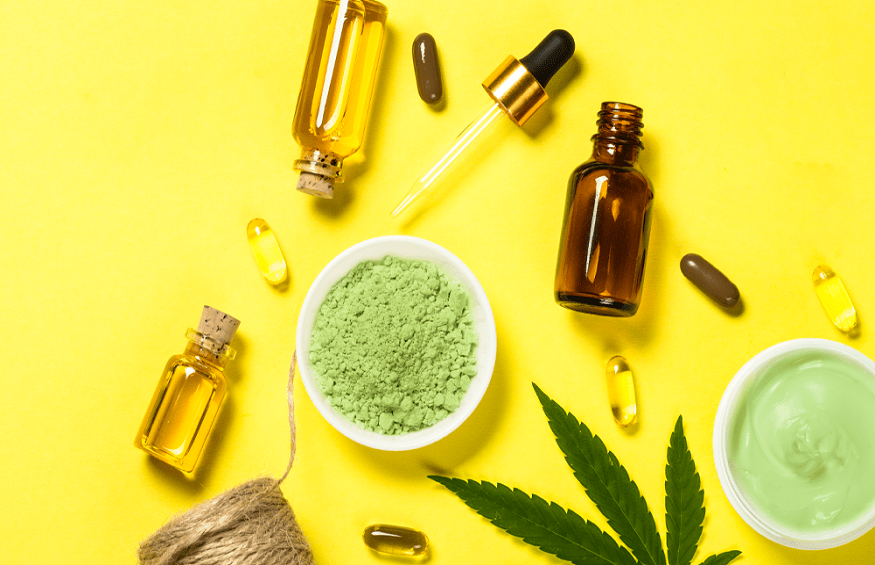With so many people looking for CBD, the industry is growing rapidly. How can you ensure that you’re getting high-quality CBD products?
To ensure quality control, cannabinoid content has been lab-tested at reputable vendors such as Canzon. It is important to understand and test the CBD content of any product. However, there are many other elements in hemp-derived oils and balms as well as e-liquids.
Full-spectrum CBD contains a range of elements, including terpenes as well as other plant matter for that you should visit cbd store near me. To ensure that their CBD does not contain pesticides or heavy metals, reputable vendors rigorously test their products.
How are CBD products tested?
The European Medicines Agency does not regulate CBD because it has not been approved for use as a health supplement or pharmaceutical. To ensure that their products are safe and potent, vendors and producers of CBD such as Canzon will need to rely on third party laboratories.
There are many panels that can be used to test CBD oil. Each panel has a different field of analysis. Third-party labs receive quality CBD products. These panels are then tested by an outside party to ensure trustworthiness and credibility. High-performance liquid Chromatography (HPLC) is one method to test CBD.
Third-party lab tests often check for potency, cannabinoid profiles and terpenes. Third-party lab reports may also include results on the presence of heavy metals in the soil or water.
Potency Testing
Clients can test for potency to determine the exact amount of cannabinoids in a product. CBD, THC and CBD are all cannabinoids. This allows users to make informed choices about how much product they want and to choose the most appropriate dosage.
The legality of certain products can also be confirmed by potency testing. The CBD content of a product’s THC content must not exceed 0.2% dry mass. It is legal and can be distributed. Producers can also show buyers that they are trustworthy vendors by having testing done.
Pesticide Testing
Pesticide testing is done to ensure safety and to prevent people from ingesting or contacting pesticides. A full review of contamination levels can be done with pesticide testing.
The Maximum Contaminant Level (or MCL) is carefully examined to ensure that it is within legal limits and safe for distribution. To rule out harmful bacterias, microbiological screens are used. To determine if the product has been contaminated with toxins, mycotoxin testing is also used.
You can avoid pesticides by purchasing CBD from vendors that source its hemp from organic farms. These farms don’t use herbicides or pesticides. To reduce mold growth and other harmful fungi, m any industrial hemp farm is located high up in the mountains like the Swiss Alps.
Terpenes and Solvent Testing
This panel identifies the presence and content of terpenes. Pinene and caryophyllene can all be terpenes.
Many CBD products are extracted using solvent-free methods. However, some suppliers may use solvents like butane and ethanol. Although these solvents should be washed away after CBD extraction, they are still tested to ensure that no other solvents like butane or ethanol remain in the product.

